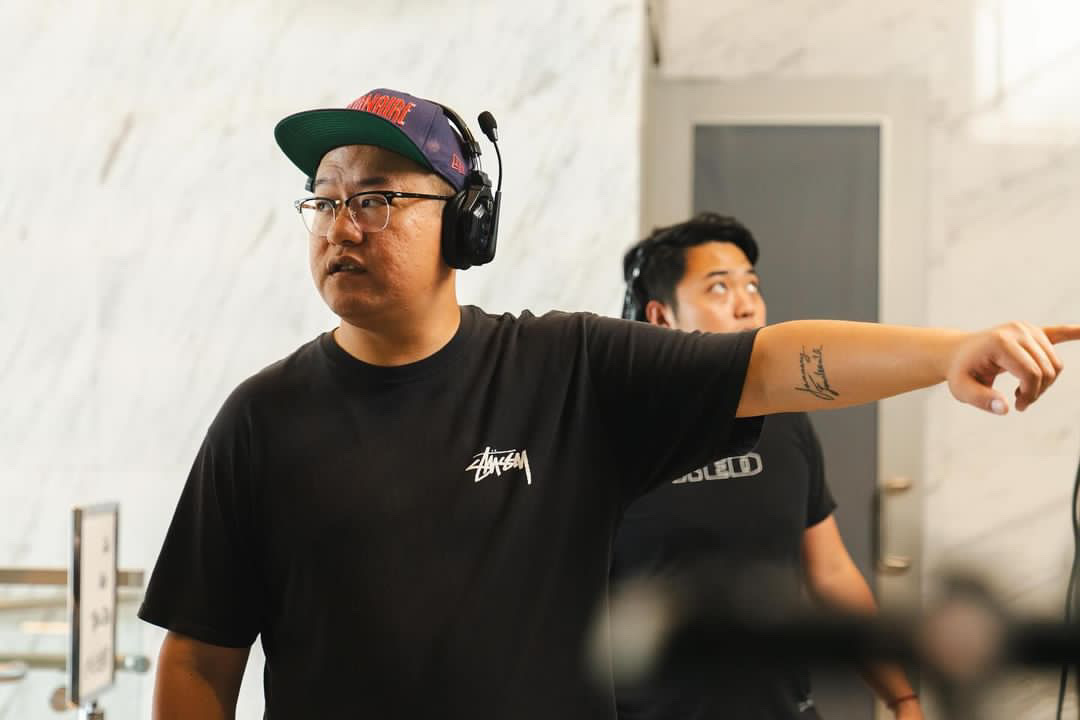

Bin Luo shared their story and experiences with us recently and you can find our conversation below.
Hi Bin, thank you for taking the time to reflect back on your journey with us. I think our readers are in for a real treat. There is so much we can all learn from each other and so thank you again for opening up with us. Let’s get into it: What’s more important to you—intelligence, energy, or integrity?
I see intelligence, energy, and integrity as three points of a triangle. Integrity is the base—without it, the shape doesn’t hold. Energy keeps things moving, and intelligence helps steer the direction.
On a film set, for example, I’ve seen projects survive because people had integrity and energy, even when we were short on resources or still figuring things out. But when all three points connect—when you add intelligence to that mix—you get the full triangle. That’s when the work earns trust and makes a real impact.
Can you briefly introduce yourself and share what makes you or your brand unique?
My name is Bin Luo, and I’m a cinematographer with about seven years of experience in short films, indie feature films, documentaries, commercials, vertical shows, and UGC-style campaigns. I’ve always been drawn to how images can shape mood and tension, which is why I focus on genres like horror, thriller, and suspense. For me, the camera isn’t just about capturing what’s in front of it—it’s about shaping atmosphere, playing with what’s seen and unseen, and keeping the audience on edge.
I like to work where tradition meets innovation. Sometimes that means shooting on film stock or bringing vintage lenses back into play, and other times it’s about pushing digital workflows to see how far they can take a story. Recently, I’ve been exploring interactive cinema, which I think has huge potential. The idea that audiences don’t just watch a story but actually help shape it feels like the next step in how we connect through film.
What makes my work unique is that I’m always chasing that balance—using craft, technology, and storytelling to create experiences that stay with people. Whether it’s the slow burn of a suspense scene, the format shift of a vertical show, or the branching path of an interactive film, my goal is to make images that linger long after the screen fades to black.
Amazing, so let’s take a moment to go back in time. Who taught you the most about work?
Of course, film school gave me the basics fast and built a foundation. But honestly, I’ve learned the most from the people I’ve worked with. Every set has its own rhythm—you see different styles of working and different workflows, and somehow it all comes together. That taught me patience, to slow down and really observe, and it reminded me that learning never really stops.
Each project also teaches me something new. It’s not just about the technical side of the craft—it’s about how different people value the work and what it means to them. Seeing that from so many angles has shaped the way I approach my own craft and keeps me open to growing with every project.
Was there ever a time you almost gave up?
I’ve had moments where I thought about giving up—like when work slows down, when a festival rejection lands in the inbox, or when a project I’ve poured so much effort into never sees the light of day because the owner decides not to move forward. Those times can be tough, but I’ve come to accept them as part of the journey. They don’t define the work.
What I’ve learned is that the value isn’t only in the outcome, it’s in the process—being on set, solving problems with the crew, and pushing my craft further each time. That’s what keeps me steady. Recognition and release matter, of course, but even when they don’t happen, each project leaves me with growth and experience I carry forward. That’s what grounds me as an indie filmmaker and keeps me moving ahead.
Next, maybe we can discuss some of your foundational philosophies and views? What’s a belief or project you’re committed to, no matter how long it takes?
I’m committed to the craft of cinematography. Some people call it personal style, but to me it’s craft—because craft takes practice, and it grows with every project. Each film, whether it’s a short, a feature, or even a small commercial, teaches me something new and pushes me to see images differently.
I also believe deeply in the power of visual storytelling. Images don’t just entertain—they carry messages, shape how we see ourselves, and reflect the society we live in. That’s why I see this as a lifelong process. No matter how long it takes, I want to keep building my craft, because the process itself is what makes the work honest and lasting.
Thank you so much for all of your openness so far. Maybe we can close with a future oriented question. How do you know when you’re out of your depth?
In work, I know I’m out of my depth when I stop seeing the problem clearly and start guessing instead of making informed choices. On set, that might be a technical issue I haven’t faced before or a workflow that’s new to me. I’ve learned those moments aren’t a weakness—they’re a reminder to slow down, ask questions, and lean on the team. Filmmaking is collaborative, and part of the craft is knowing when to listen and let others’ strengths guide the way.
In life, I know I’m out of my depth when I go completely quiet. If I’m silent the whole time, it usually means I’m processing, observing, and trying to find my footing. Over time, I’ve come to see both in work and in life that these moments are not dead ends—they’re signals. They push me to pay attention, to keep learning, and to grow.
Contact Info:
- Instagram: https://www.instagram.com/southside_cine/
- Linkedin: https://www.linkedin.com/in/bin-luo-473248336/
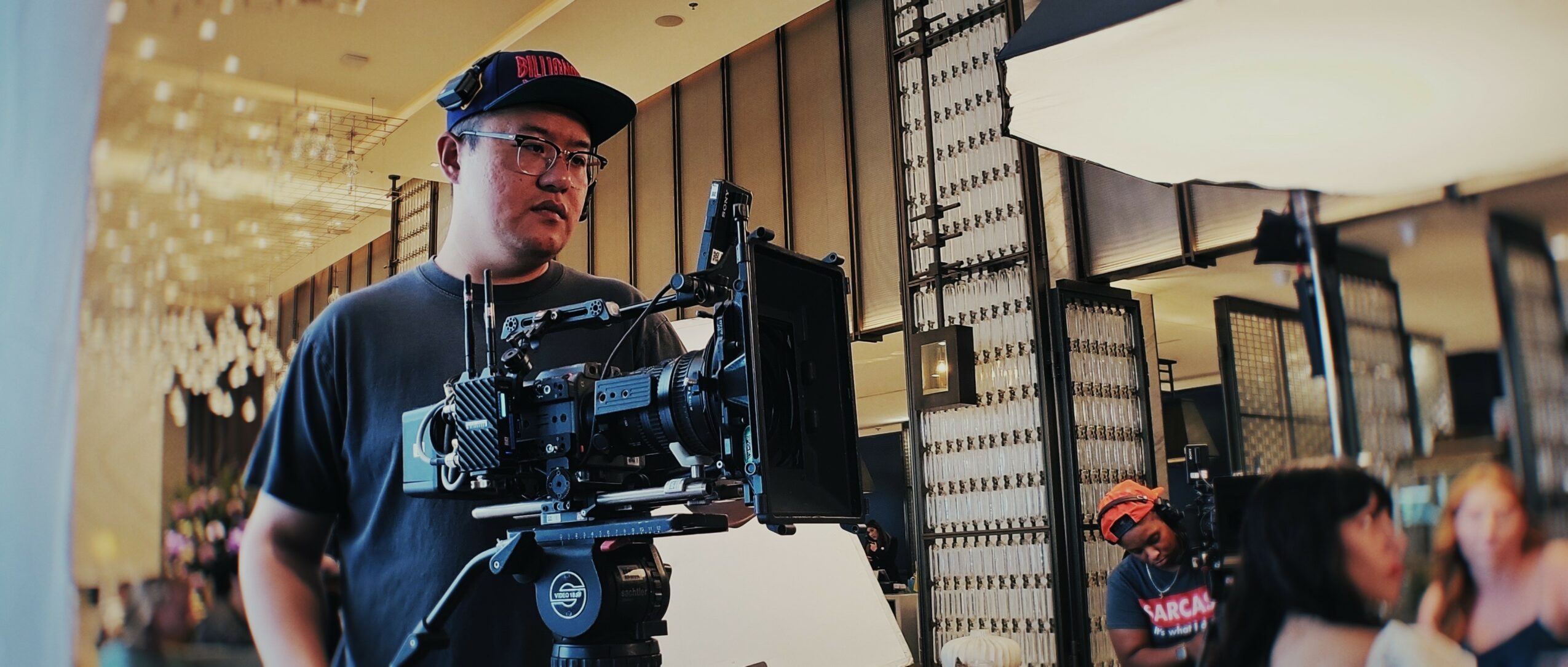
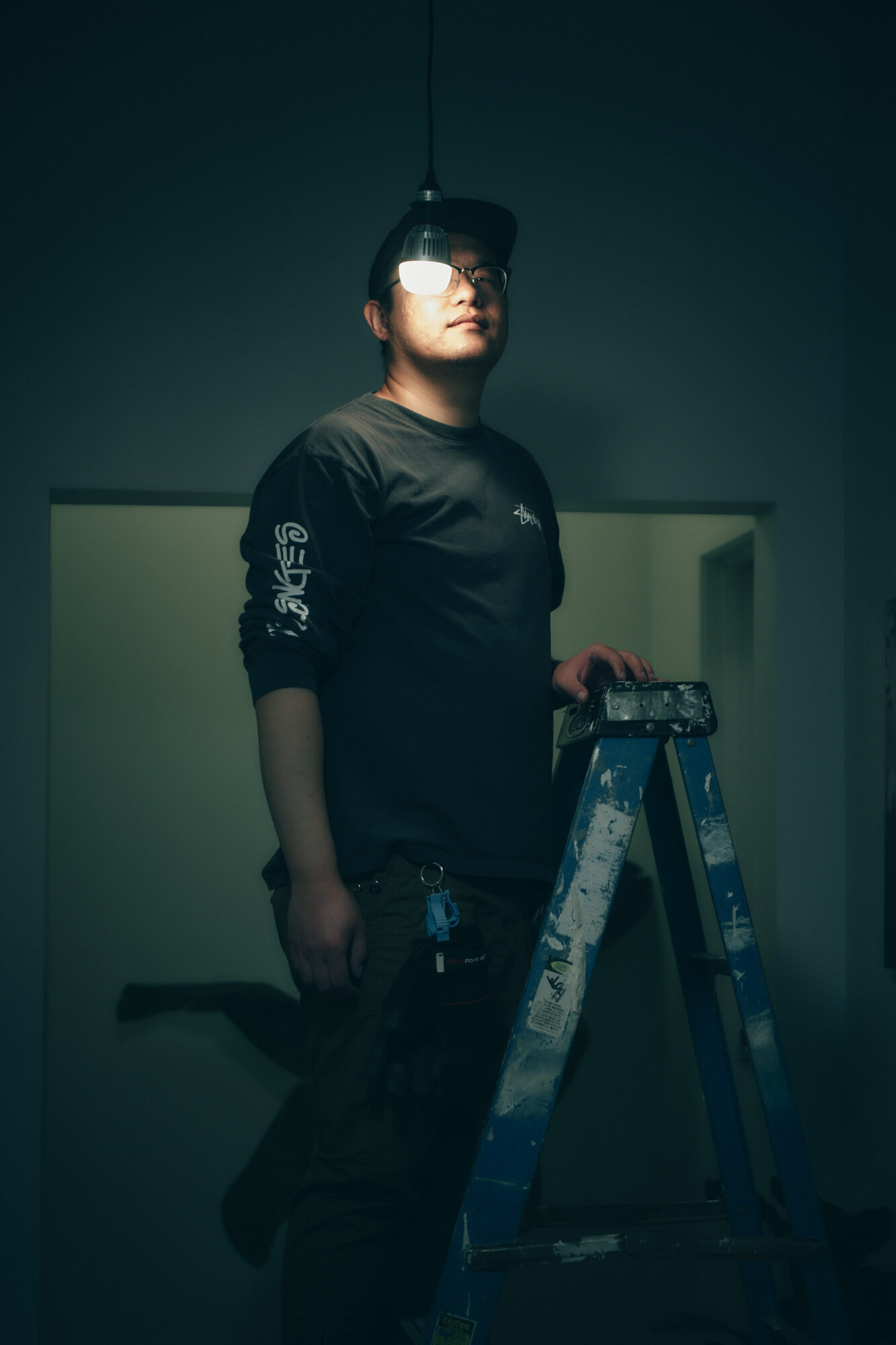
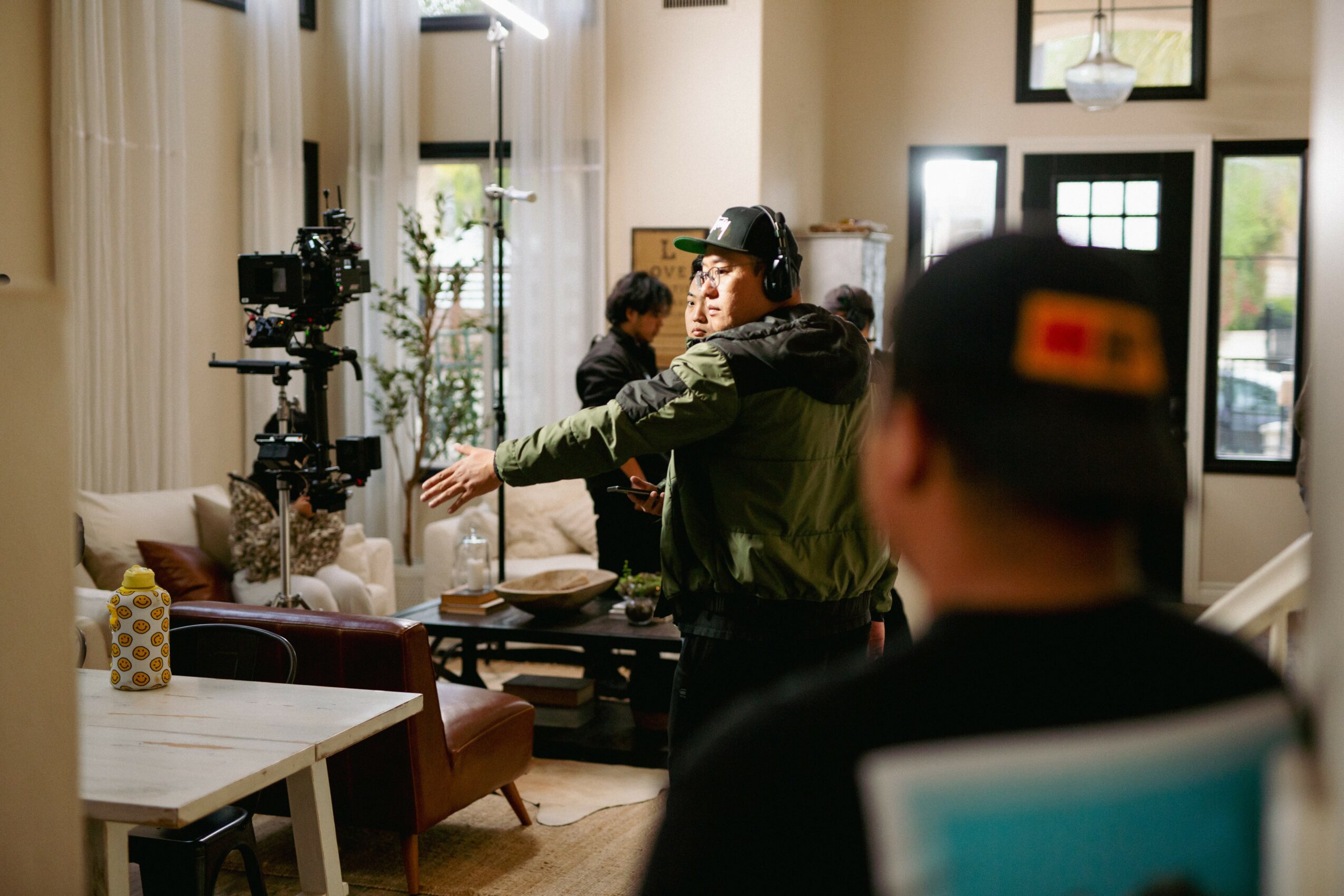
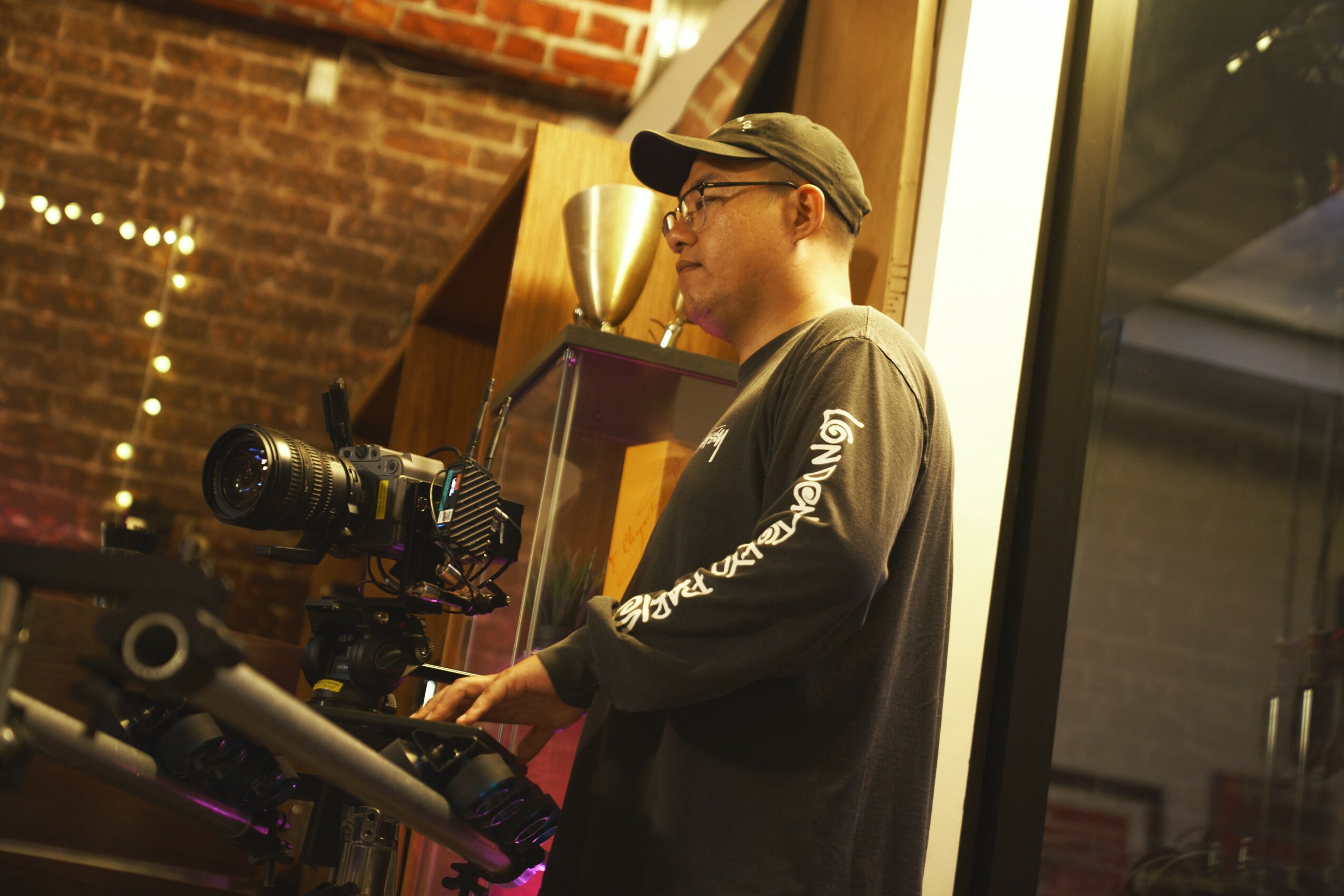
Image Credits
Howard Hsu
Zen Pen














